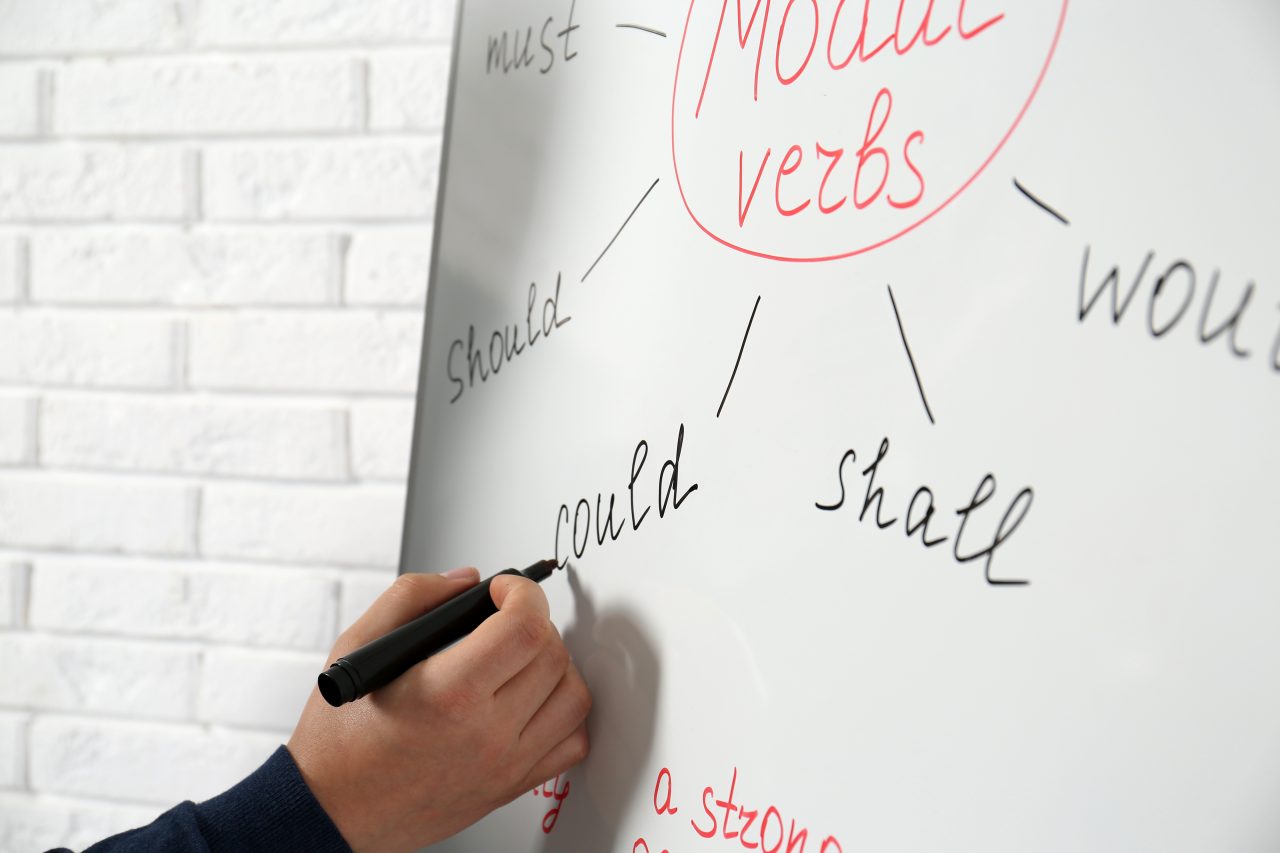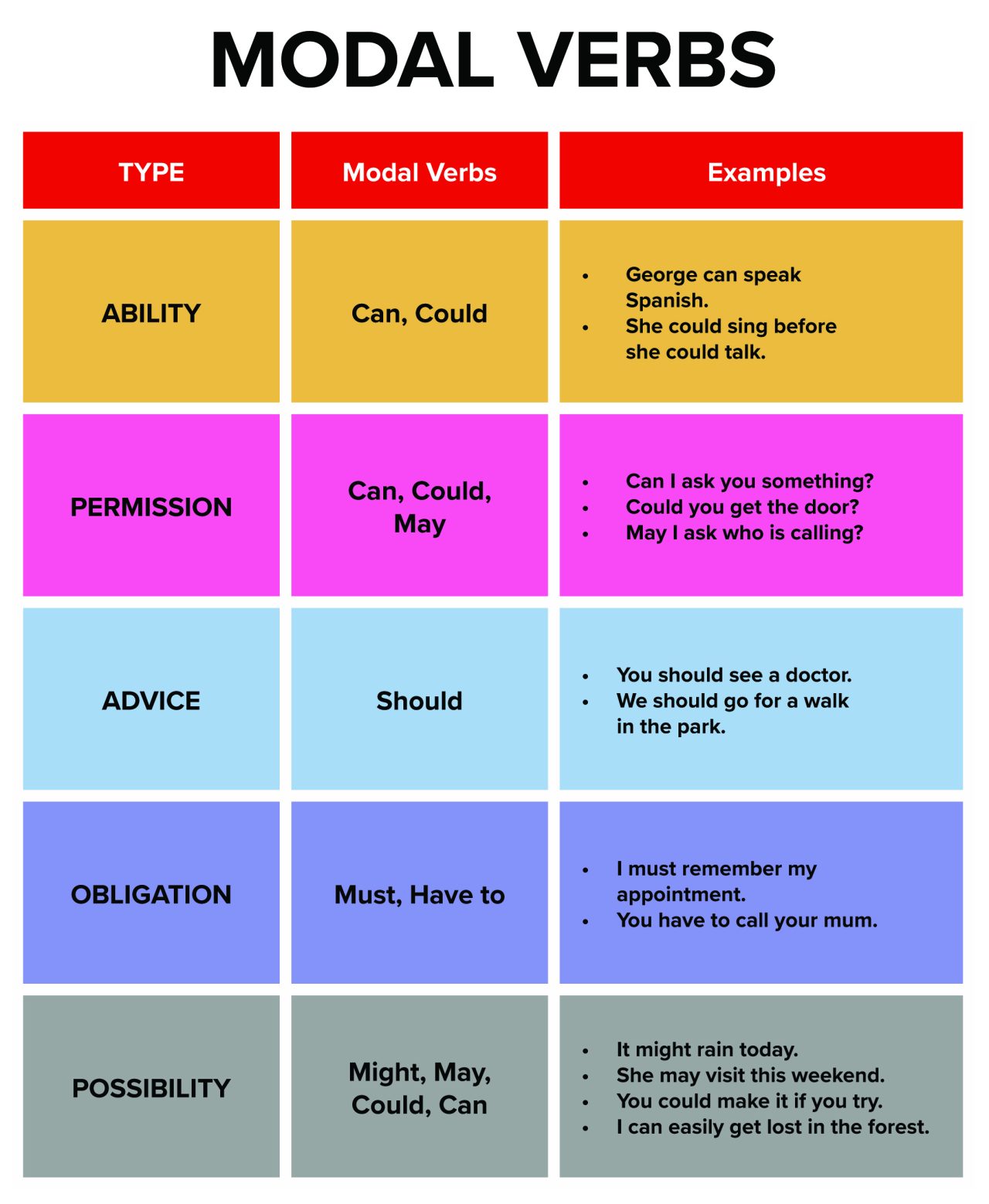
Frustrert dame som står foran klesskapet og er usikker på hva hun skal ha på seg av klær


Bokstav magneter som staver ordet you

Fokus av hånden til en lærer som skriver opp modal auxiliary verbs eksempler på en whiteboard tavle


Ordet Sentence Structure stavet ved hjelp av treklosser med bokstaver på
Mechanics
Mechanics is a term that refers to the rules and how we usually write the written language. It covers spelling, capitalization, sentence structure, and more. Two points to watch out for under the category mechanics, especially in formal writing, are contractions and the verb get.

Fokus på hånd som holder en blyant og skriver i en skrivebok
Contractions
It is important that you don’t use contractions in formal writing. A contraction is a shorter form of a group of words such as I’m (I am) and you’re (you are). Not using contractions means fully writing out the words do not instead of don’t, cannot instead of can’t, and so on.

Fokusert, ung kvinne som leser og skriver ved en pult

Time to put your skills to the test!
Your communication skills will improve a lot once you have learned to tell apart the proper register for any situation.
The best way to improve your language skills is to put them into practice! Consider your audience and give both formal and informal language a try.

En gruppe studenter som sitter i en trapp inne på skolen og snakker
Kilder:
- Cambridge Dictionary (Retrieved: 23.08.2022): Formal and informal language
https://dictionary.cambridge.org/grammar/british-grammar/formal-and-informal-language
- ThoughtCo. (Retrieved: 23.08.2022): What is register in linguistics?
https://www.thoughtco.com/register-language-style-1692038
- Cambridge Dictionary (Retrieved: 23.08.2022): Formal
https://dictionary.cambridge.org/dictionary/essential-american-english/formal
- Cambridge Dictionary (Retrieved: 23.08.2022): Informal
https://dictionary.cambridge.org/dictionary/essential-american-english/informal
- Grammarly Blog (Retrieved: 23.08.2022): What are modal verbs?
https://www.grammarly.com/blog/modal-verbs/
- Writing Commons (Retrieved: 23.08.2022): Mechanics
https://writingcommons.org/section/grammar/mechanics/
- Thesaurus.com (Retrieved: 23.08.2022): Get: 314 synonyms and antonyms
https://www.thesaurus.com/browse/get
- Cambridge Dictionary (Retrieved: 23.08.2022): Contractions
https://dictionary.cambridge.org/grammar/british-grammar/contractions
Bilde- og videorettigheter:
-
-
Getty Images
-
Getty Images
-
Adobe Stock
-
Getty Images
-
Skolerom
-
Adobe Stock
-
Getty Images
-
Getty Images
-
Adobe Stock
-
Getty Images
-


